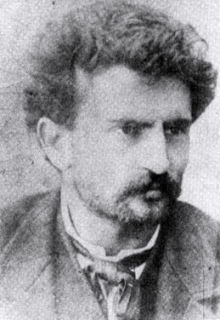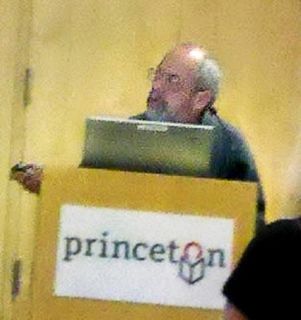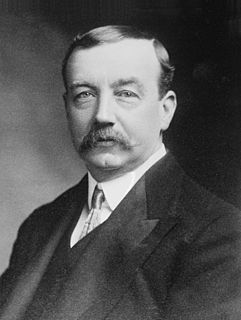A Quote by Steven Pinker
If you look in general at people who live in anarchy, they have quite high rates of death from either homicide or warfare or both. Anarchy is one of the main reasons for violence, and it may be the most important.
Related Quotes
It is cold anarchy to say that all men are to meddle in all men'smarriages. It is cold anarchy to say that any doctor may seize andsegregate anyone he likes. But it is not anarchy to say that a fewgreat hygienists might enclose or limit the life of all citizens,as nurses do with a family of children. It is not anarchy, it istyranny; but tyranny is a workable thing.
Anarchy is a word that comes from the Greek, and signifies, strictly speaking, "without government": the state of a people without any constituted authority. Before such an organization had begun to be considered possible and desirable by a whole class of thinkers, so as to be taken as the aim of a movement (which has now become one of the most important factors in modern social warfare), the word "anarchy" was used universally in the sense of disorder and confusion, and it is still adopted in that sense by the ignorant and by adversaries interested in distorting the truth.
The Anarchists are right in everything; in the negation of the existing order, and in the assertion that, without authority, there could not be worse violence than that of authority under existing conditions. They are mistaken only in thinking that Anarchy can be instituted by a revolution. "To establish Anarchy." "Anarchy will be instituted." But it will be instituted only by there being more and more people who do not require protection from governmental power, and by there being more and more people who will be ashamed of applying this power.
The science of war leads one to dictatorship, pure and simple. The science of non-violence alone can lead one to pure democracy. Power based on love is thousand times more effective and permanent than power derived from fear of punishment. It is a blasphemy to say non-violence can be practiced only by individuals and never by nations which are composed of individuals. The nearest approach to purest anarchy would be a democracy based on non-violence. A society organized and run on the basis of complete non-violence would be the purest anarchy.
I am presenting here today both revolution and anarchy, for which I am fortunately not the only one responsible. However, anarchy cannot survive and prosper except in an ordered society, and revolution becomes sooner or later the new order. Viruses have not failed to follow the general law. They are strict parasites which, born of disorder, have created a very remarkable new order to ensure their own perpetuation.
A free culture is not a culture without property; it is not a culture in which artists don't get paid. A culture without property, or in which creators can't get paid, is anarchy, not freedom. Anarchy is not what I advance here. Instead, the free culture that I defend in this book is a balance between anarchy and control.




































